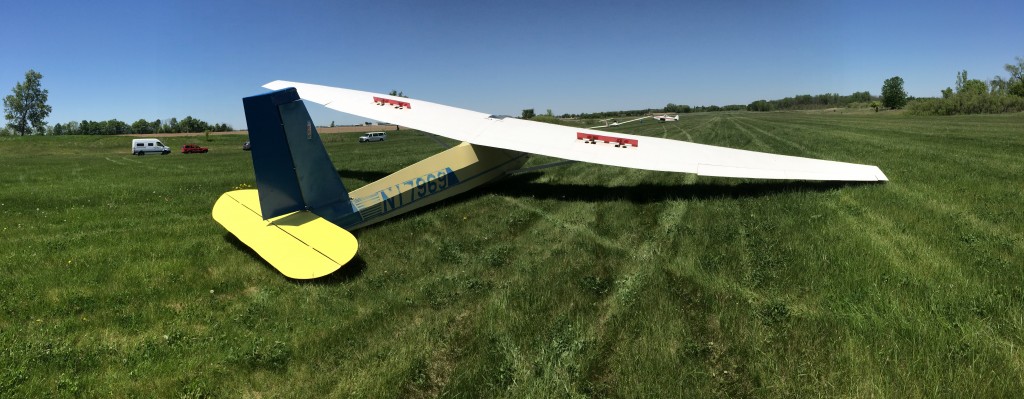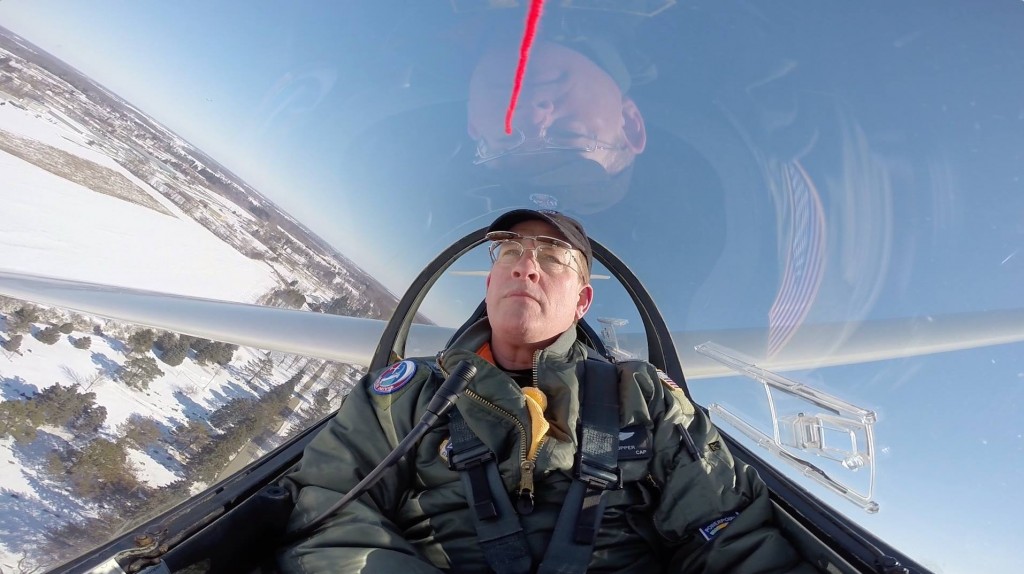On 11 September 2001, I was in Lansing for a meeting of the state’s registers of deeds to try to draft proposed legislation that would allow recording of electronic documents with electronic signatures. Electronic documents and signatures had been authorized and effective in Michigan since the enactment of UETA on 7 October 2000, but conveyances of interests in real property still needed to be recorded in order to be effective. A ragtag group of registers of deeds, title companies, and lawyers were working on bridging that gap.
AA 11 hit the north tower while I was getting gas in Fowlerville on the way to Lansing. I was at the offices of the State Bar of Michigan as coordinated news coverage was beginning to put all of the pieces together.
Though we stayed within sight and earshot of the TV monitors showing coverage of the events, several of us sat down and went over some of the major issues of the legislation. It was really hard, but we did it.
On 19 May 1780, the skies darkened over Connecticut and much of the rest of New England and parts of Canada. Although the exact cause is not known, it likely involved uncommon weather conditions and forest fires upwind. It has since become known as New England’s Dark Day. The Connecticut legislature was in session and many of the members were so affected by the darkness that they moved that the legislature be adjourned so that they could go home and prepare for the end of the world.
Abraham Davenport was a member of the Connecticut legislature and a colonel in the Connecticut Connecticut State Militia. He was at the session of the legislature that day. He famously said “I am against an adjournment. The day of judgment is either approaching, or it is not. If it is not, there is no cause of an adjournment. If it is, I choose to be found doing my duty. I move, therefore, that candles be brought.”
I was not a CAP member in 2001 or I might have had directly-related duties to which to attend. Instead, I was a lawyer with what I understood (and understand) were important opportunities to help new technologies find acceptance and use in commerce. Lacking a uniform to put on and go try to be helpful, I and a few others sat down and did the best we could. We figured that working on legislation would be the last thing that those behind the attacks would imagine that the target would do in reaction.
I didn’t know the story of Abraham Davenport then. I only heard it later in a Christopher Hitchens book, But I like to think that I did the right thing.
I’d like to think that we all might do as Davenport did. Lacking a uniform, an aircrew slot, an ambulance, or a badge, let us continue the unsung but vital processes that are so important to our communities.
I move that candles be brought. And keep bringing them in for as long as the darkness lasts.


